
What is sustainable living? How Your Choices Shape a Sustainable Present and Future
By embracing sustainable living, we adopt practices that contribute to the well-being of the environment, society, and economy.
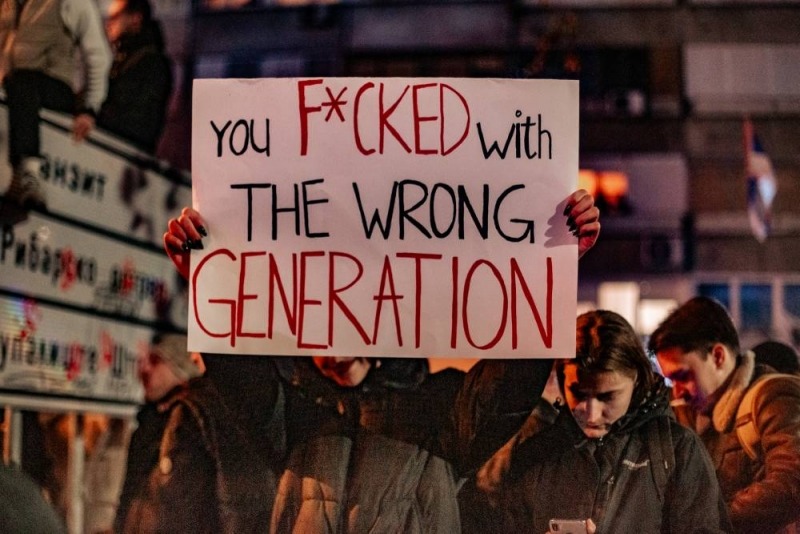
No country currently has a fully sustainable society. Still, some nations are significantly more advanced than others in achieving environmental, economic, and social sustainability. Social justice is a key aspect of sustainability. It includes equal access to education, healthcare, fair wealth distribution, human rights protection, and equality of citizens.
How can we build a sustainable society? How can this utopian phrase become a reality for all of us?
The first step is to organize the biggest protest that transcends the borders of a single society or country. To create the largest protest ever held by a nation and turn our voices into an echo that resonates across the entire planet.
The students of Serbia initiated such a protest, which will serve as a historical lesson, after the tragic events of November 1, 2024.
A sustainable society is a community that meets the needs of present generations without compromising the ability of future generations to meet theirs. This means that society is economically stable, environmentally responsible, and socially just.
Environmental Responsibility
A sustainable society uses natural resources in a way that prevents depletion. This includes protecting biodiversity, reducing pollution, and transitioning to renewable energy sources.
Economic Sustainability
The economy of a sustainable society ensures stable economic growth without endangering natural resources. It promotes a circular economy, ethical business practices, and green innovations.
Social Justice
A sustainable society strives for equality, access to education, healthcare, and dignified working conditions. It also encourages inclusivity and citizen participation in decision-making.
Local and Global Connectivity
Every society is part of a global ecosystem. A sustainable society collaborates with other communities to address environmental and social challenges globally.
The demands made by students are closely aligned with the key principles of a sustainable society.
For a long time, so long that we no longer remember its beginning, the principles of an unsustainable society have been deeply rooted in our country, driven by the benefits of a privileged few.
With great force and persistence, these unsustainable social norms have ingrained in us the belief that it is mandatory and entirely normal for our country's governance to be based on corruption—that part of the budget for every infrastructure project must line the pockets of individuals; that having "connections" is necessary if you want to receive medical treatment, pursue education, get a job in the public sector, register property, or obtain a permit from any ministry. And, of course, these "connections" are far from cheap. Furthermore, human rights violations are commonplace, and everything can be easily covered.
For years, even decades, the people of Serbia have lived like ghosts. They do not see us, do not hear us, do not care for us, and, simply put, do not respect us. And we do not react with the force we should; instead, we accept this way of life as if it were inevitable.
You may wonder what was the tipping point in such a situation. What finally drove these young people—children of this sleeping nation—to block their universities and declare, "Enough is enough!"?
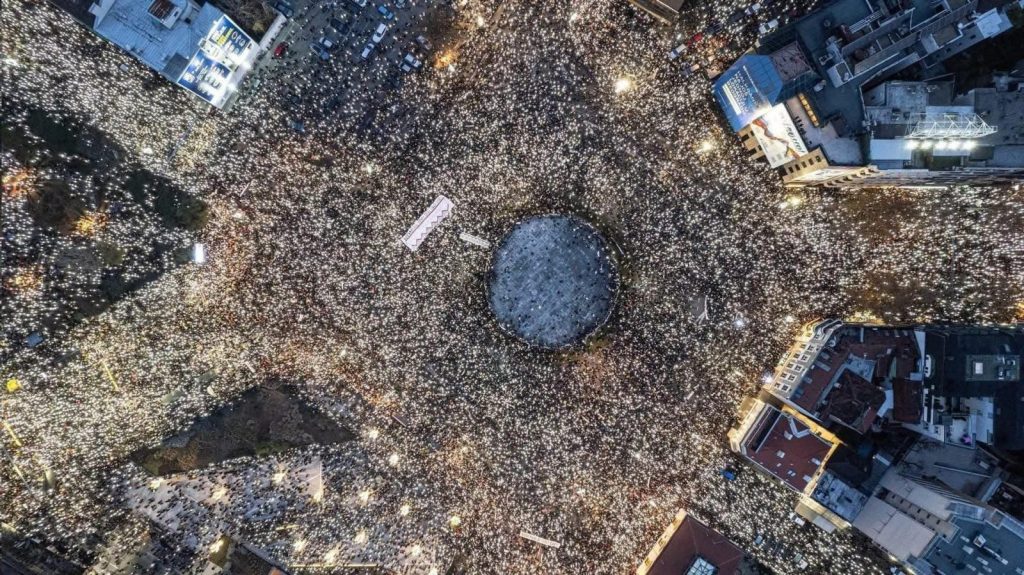
You are not louder than silence, Slavija, Belgrade
On November 1, 2024, at 11:52 AM, the canopy above the main entrance of the Novi Sad railway station collapsed, killing 15 people.
The reconstruction of the railway station began in September 2021. The renovation was carried out by China Railway International and China Communications Construction Company (CCCC) as part of the Budapest–Belgrade railway project, the first phase of the planned international Budapest–Belgrade–Skopje–Athens railway. The renovated railway station building was inaugurated on March 19, 2022. A second reconstruction of the station was completed on July 5, 2024. A total of 65 million euros was invested in both reconstruction phases. The contract for these works remains classified, as the Ministry of Construction refused to disclose it, citing objections from Chinese partners.
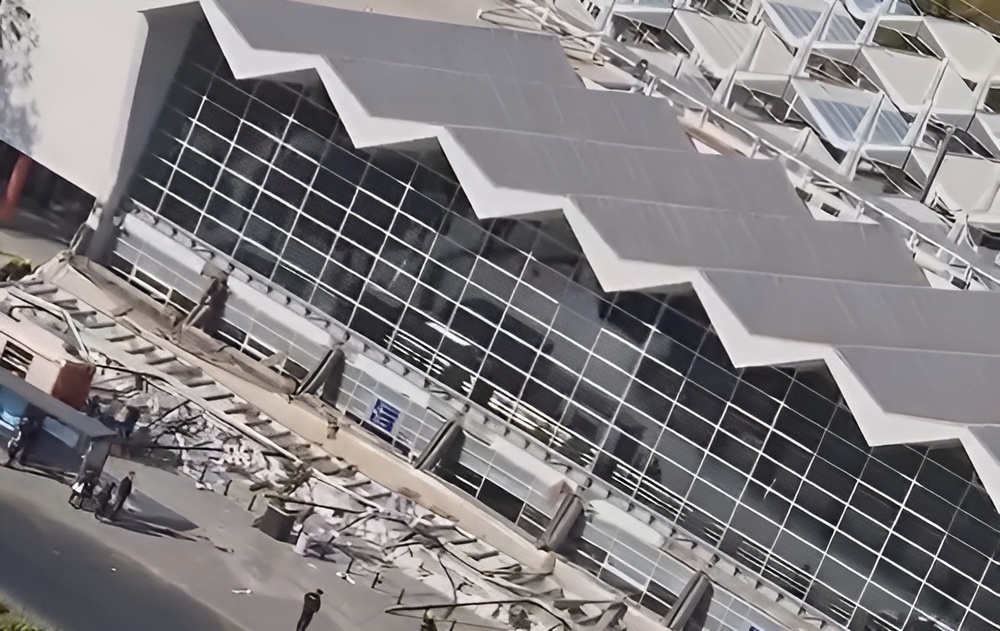
Collapsed concrete canopy, photo 192.rs
Following the November 1 disaster, the Chinese consortium CRIC-CCCC, responsible for the reconstruction, expressed condolences to the victim's families but claimed that the canopy was not part of the reconstruction as per the construction permit. Civil engineer Danijel Dašić argued that the canopy collapsed because a massive steel structure with heavy glass was added during reconstruction. The initial response from the Serbian government and our president was to state that the canopy had not been part of the renovation, despite clear evidence from citizens who regularly passed through the station that it had indeed been reconstructed.
The student uprising began at the Faculty of Dramatic Arts in Belgrade on November 25, when students blocked traffic to honor the victims of the Novi Sad tragedy. A group of individuals attacked the students, demanding they stop the protest. The students then blocked their university, and over time, more than 50 universities across the country joined in, along with numerous elementary and high schools. Professors, lawyers, doctors, farmers protecting students with tractors, taxi drivers offering free rides after protests, retirees, and countless others joined the movement. These protests are now taking place in over 150 cities worldwide.
The students initiated regular protests, beginning with a 15-minute silence blocking traffic to honor the 15 victims of the collapsed canopy. Attacks on students became frequent, mostly involving cars driving into demonstrators. In response to these events, our president stated:
"Someone jumped onto a car hood because the driver just wanted to pass. Should we arrest the driver? How can you arrest someone who didn’t break the law? The person was going their way. Are you all in your right mind? Wash your face with ice-cold water. Rub your eyes."
Mr. President, it seems that our students are indeed awake—and they have awakened an entire region. These are their demands:
EP: “Serbian students are the voice of hope and conscience of the Balkans”
Lessons from the student protests in Serbia
Gen Z ignites Serbia’s largest protests – will it spark global hope?

By embracing sustainable living, we adopt practices that contribute to the well-being of the environment, society, and economy.

Sustainability goes beyond admiration; it is a commitment to maintaining the delicate balance between our species and the planet.
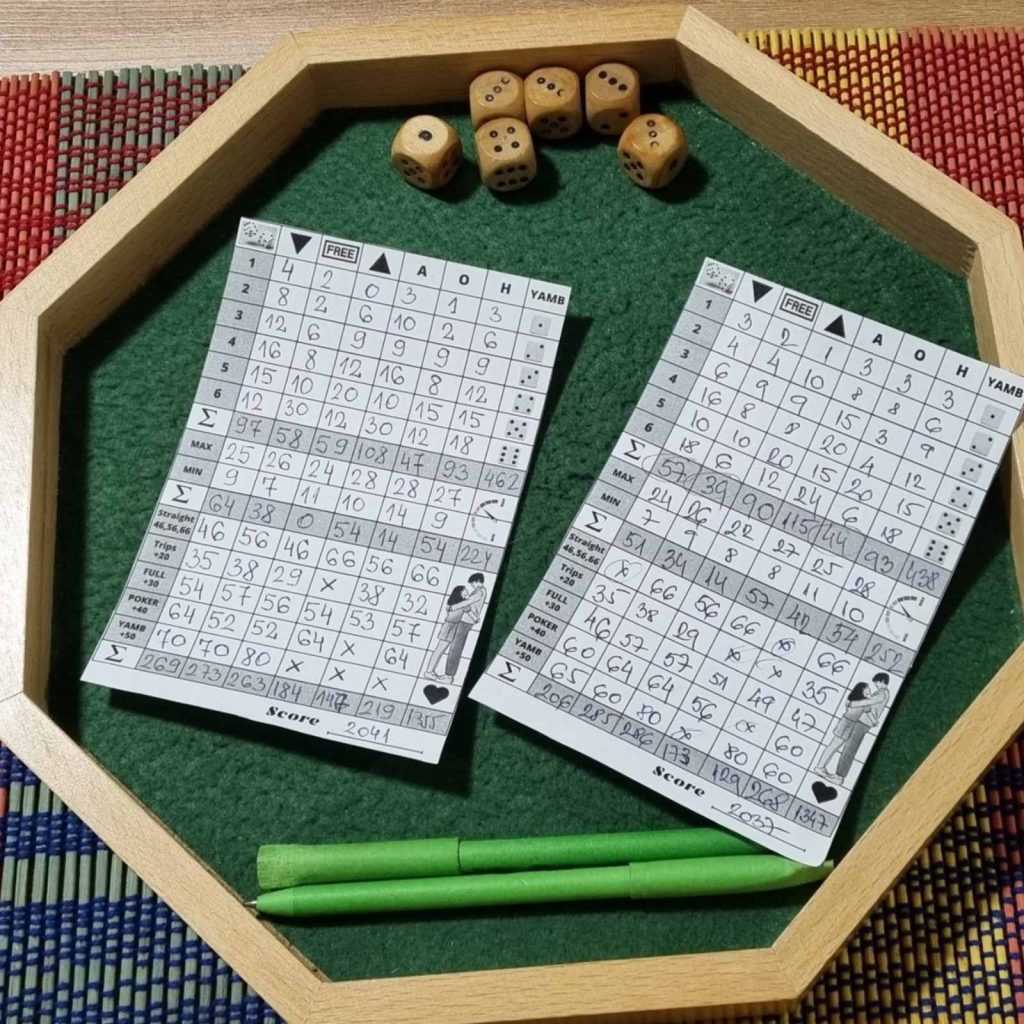
Dive into the world of traditional board games and discover their diverse health benefits. Explore expert insights on how these games contribute to well-being and mental acuity.

Natural deodorant is an effective and environmentally friendly product. It is a healthy option since traditional antiperspirants often contain chemicals.
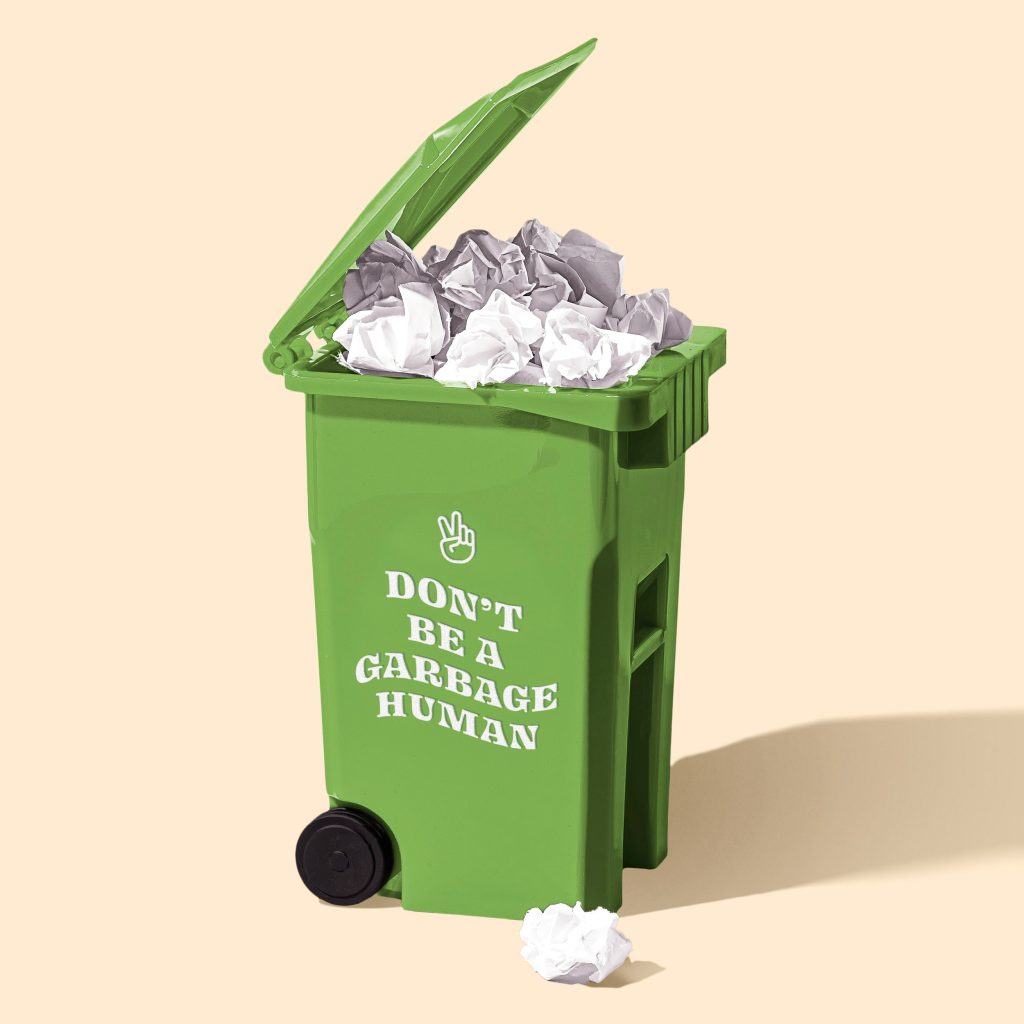
Let’s discover the environmental impact of household waste, and hopefully, this will inspire us to create a new mindset.
Welcome to Sustainable Living by Science. With our scientific mindset, we are exploring how to nurture our well-being while caring for the environment. We are sharing the meaning of sustainability through evidence-based practices. Join us on this journey towards a greener, healthier future where science guides us to make the best choices for ourselves, the planet, and others.
All content is © 2024 by Sustainable Living by Science. All rights reserved.